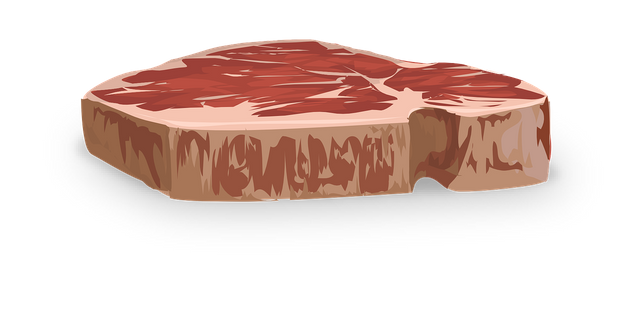The dangers of protein. A myth?
I decided to start exercising 10min/day (of very intense exercise!) and I decided to start eating about 1,5g of protein per kg of bodyweight per day (about 120g). The 10min eventually became 20min but all else stayed the same. I will not enter much into why I decided to intensively exercise every single day for just some minutes nor into why I decided to control just my protein intake while leaving the rest of my nutrition uncontrolled (though already quite balanced). Part of those decisions were based on extensive research, part on the 80/20 principle and part on the fact that I'm quite a busy person and couldn't obsess much about it. The results?
09.07.2017 - 83,1kg (15,1kg of which were fat)
11.11.2018 - 71kg (8,6kg of which were fat)
Now, I received all kinds of compliments from all kinds of people, saying I looked better, saying I looked healthier, saying I looked happier, saying I looked muscular... And they didn't even know I was working out. Now, one thing annoyed me above all else, whenever I explained them about these two changes I made. It was the immediate answer: "Protein?? You be careful, that can harm your kidneys!!"
People... let's clarify this...
1- Too much protein may be harmful in people with certain kinds of diagnosed kidney disease. But there is no such evidence on healthy people! 1, 2, 3
2- Higher protein intake is assossiated with a REDUCTION on the two main risk factors for kidney failure (high blood pressure and diabetes).
4, 5, 6, 7
I recommend you to read this article which is evidence-based and very well written if you want to know more (I'm not affiliated with it in any way!).
Where does this myth come from?
In my opinion, it comes from the fact that people associate protein with creatine in their minds. Some even get mixed with supplements and anabolic drugs; it all rings the same bell in their minds.
Now, why do some people tend to associate creatine with kidney disease?
A normal 70-kg man contains around 120g of creatine, with 40% being the unphosphorylated form and 60% as creatine phosphate.
Creatine phosphate plays an important role in tissues that have high, fluctuating energy demands such as muscle and brain. It provides them with bursts of fuel for their sudden needs. After this, creatine phosphate is broken down into creatinine, which is then excreted in the urine. About 1–2% is excreted each day. That's a normal process!
In medicine, we sometimes measure creatinine in the blood to check how well the kidneys are working. That's because creatinine's production is more or less predictable and constant and its excretion is exclusively through the kidneys. So if too much is accumulating in the blood it usually means the kidneys are failing (to excrete it). Now, another cause for it to be elevated in the blood is obviously an increased production / intake. People (even some doctors) tend to forget this last fact... In fact, more muscular people, even if they take no supplements, tend to have elevated creatinine amounts in the blood (compared to the average couch potato), which may make the values in the computer of your doctor's office shine red and his eyes get wide open. Next, he may tell the healthy, fit individual in front of him that his kidneys may be failing, ignoring the fact that they may be working perfectly and excreting creatinine wonderfully. They may simply have more creatinine than usual to excrete because of the increased amount of muscle mass producing it. The lab values were not calibrated for such people.
Disclaimer: This is in no way medical advice. You may have kidney problems if your lab values suggest so. My point is just, the whole picture must always be seen and an increased blood creatinine value may indeed mean reduced excretion (i.e. kidney failure), but it may also just mean increased intake, which is benign. Information is a good thing. Stay healthy.



This post has been voted on by the SteemSTEM curation team and voting trail in collaboration with @curie.
If you appreciate the work we are doing then consider voting both projects for witness by selecting stem.witness and curie!
For additional information please join us on the SteemSTEM discord and to get to know the rest of the community!
This post had received 5.00% upvote from @steemitportugal account!

Vote for @steemitportugal to Witness. Your vote is very important to us!
Visit our WebSite www.steemitportugal.com (tutorials,news...)
Thank you very much.
Click here to vote